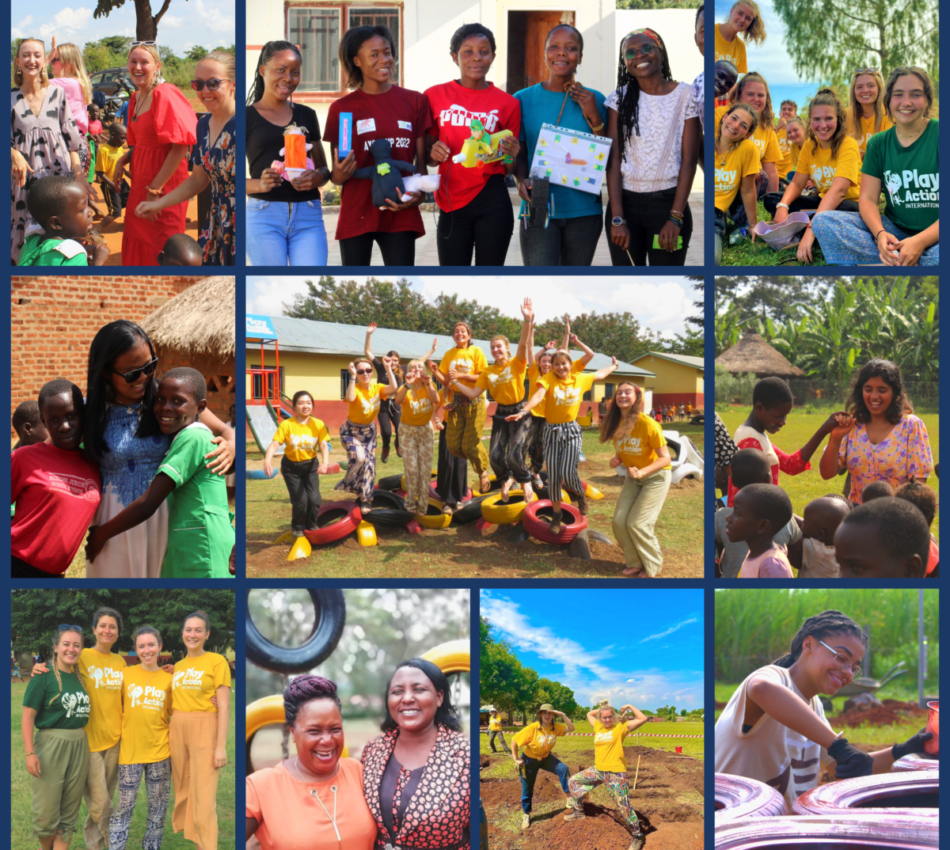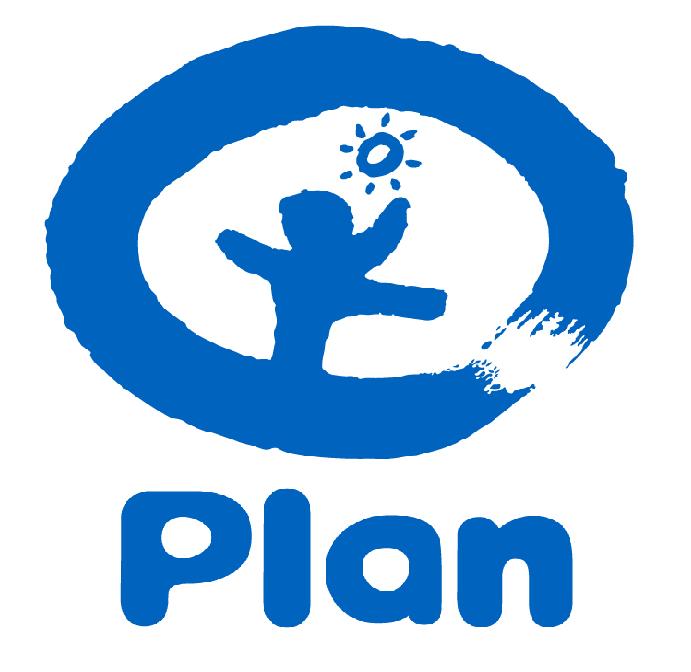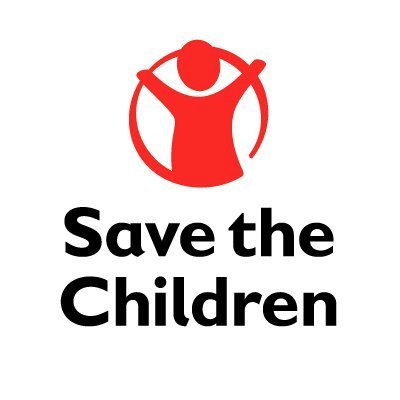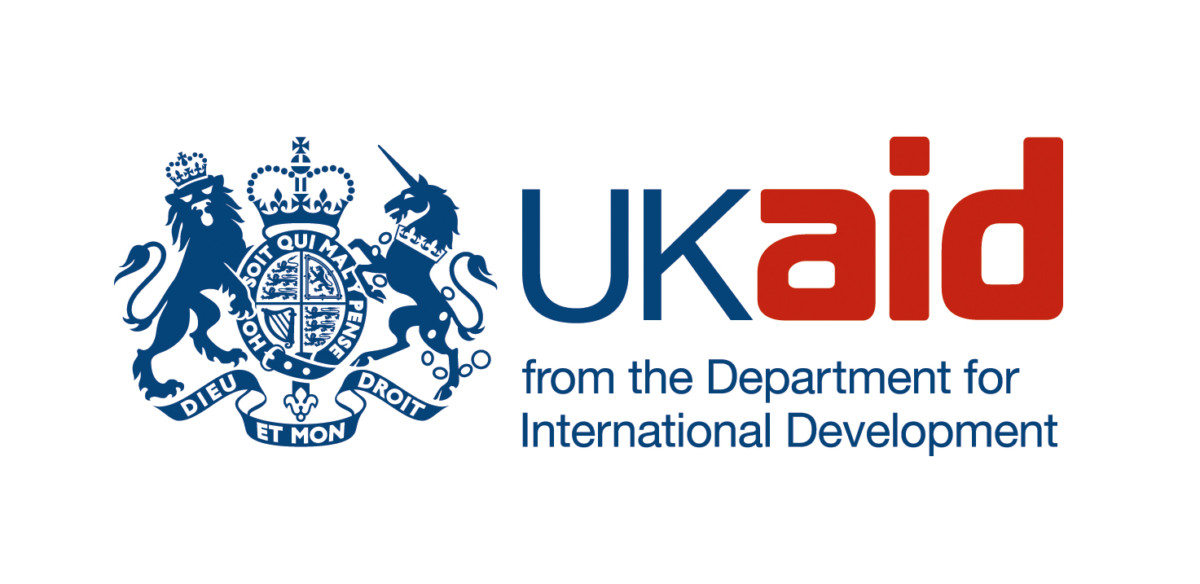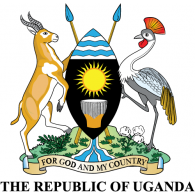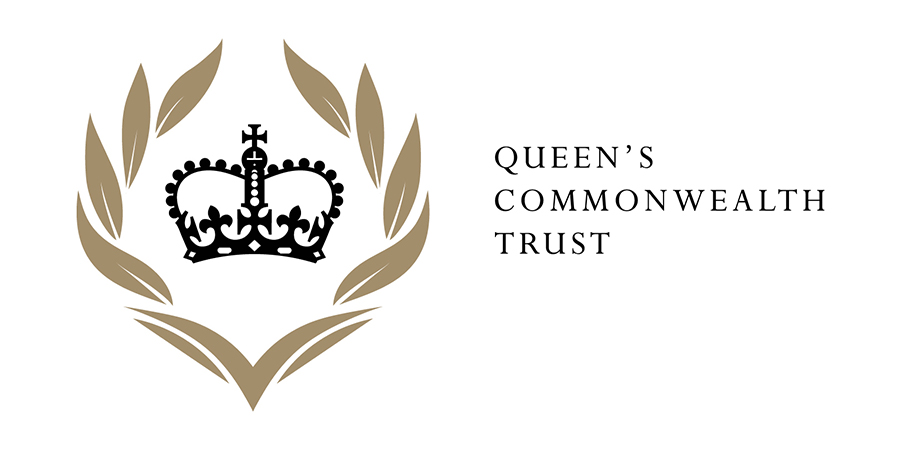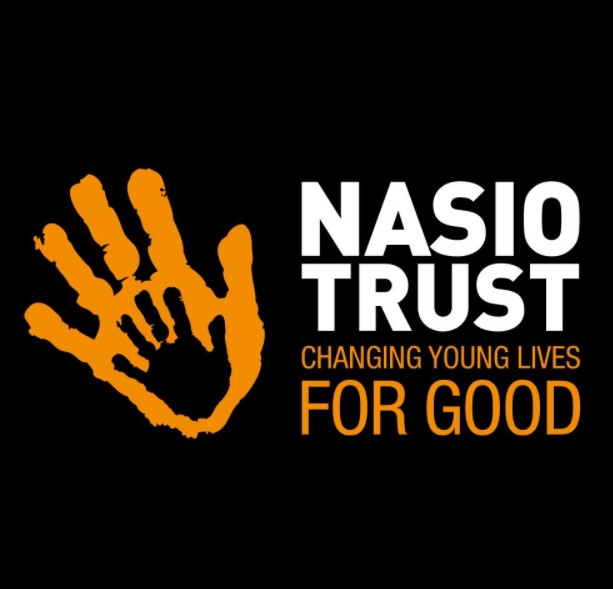The 8th of March 2023 marks International Women’s Day! A part of Women’s History Month which is ongoing through March. Today is a day to celebrate and share women’s achievements, discuss, educate and raise awareness about women’s equality and call for positive change for the women and girls!
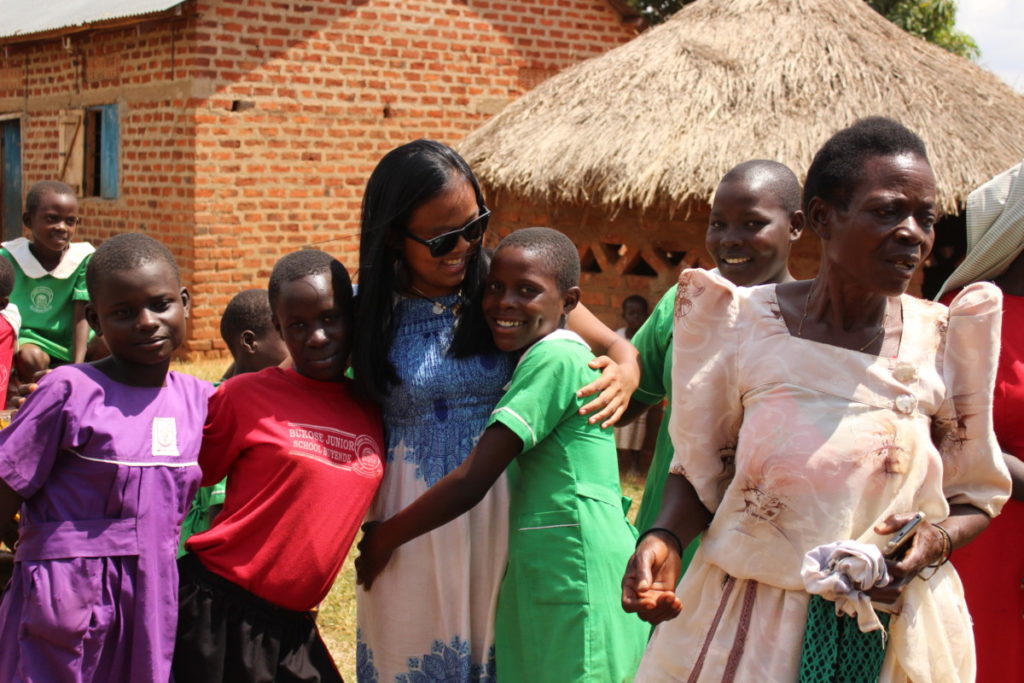
IWD is all about creating a fair, equal and sustainable world. At Play Action we believe that creating opportunities through play is so important and one of the ways we can make a better world.
SO WHY IS WOMEN’S DAY IMPORTANT TO PLAY ACTION?
Play Action wouldn’t be what it is today if it wasn’t for the work of many amazing women within and surrounding the organisation. We want to celebrate the women forging change within Play Action International and beyond.
Play Action works toward equal opportunities and aims to be a fully inclusive organisation, respecting the needs and rights of all children. Whilst we build safeguarding, inclusivity, and a child centred approach in all our work we also recognise that some children who require a more tailored and/or targeted approach. This is where equity is needed. Girls in Uganda and other areas of East Africa, as a result of more domestic & family responsibilities and cultural differences, often have less access and time than boys to rest and play, (Warriner, 2022).

THE ISSUE
Research undertaken by Jenny Warriner (2022), as a part of a study into Girls’ Access to Play in Rural Uganda: Perceptions, Experiences and Initiatives, found that in Lira, Uganda, girls faced more challenges in accessing and experiencing play compared to boys. The study found that
- Play resources are restricted as there are limited resources at home and school. Skipping and football were the most common play activities as they were the most accessible & 50% of girls shared that skipping was their chosen play activity.
- Girls had greater restrictions on where they could play due to safety considerations and the need to be near home for additional domestic duties whereas boys could play further afield.
- There are concerns over play-based learning initiatives, especially as many teachers in the Lira district still see play as the opposite of success. Ongoing support and training for teachers is required.
- For the majority of girls in Uganda, their schooling is over before – or soon after becoming a teenager. The cultural practice of parents relying heavier on girls more than boys for household labour needs is a main cause for this disparity in education (Uganda Gender Statistics Profile, 2012).
- Most children in the Lira District do not have set formal places to play.
Gender differences in play should be at the forefront when developing play initiatives and spaces of play. Specifically:
- Improved safety of play spaces needed – evenings can be a key time for children to play but girls are restricted due to safety fears.
- More playgrounds should be located closer to home or areas of work for children
- Larger variety of resources are needed in key play spaces such as schools so types of play- can be more equally accessible to girls.
- Communication with parents needs to be central in future projects to help change mindsets so the benefits of play are understood. However play initiatives need to embrace and understand the socioeconomic pressures rural parents face in Uganda – rather then trying to enforce a work-free childhood ideal that may not practically work with rural Ugandan life and family structures.
PLAY ACTIONS’ ROLE
Playgrounds like those introduced by Play Action are a rarity. Local projects set up improve outside free play, provide classrooms with play materials and train teachers, parents and community leaders on the importance of using play to improve children’s holistic learning and futures. Through the installation of playgrounds and the delivery of mobile play based groups we give girls throughout Uganda the opportunity to play to enhance their learning & development. Our playgrounds provide safe, diverse and child friendly place for girls to play, in schools, local communities, refugee settlements and rural areas.

Our training with teachers and other professionals working with children; enable them to implement play-based practices in their day to day engagement with children. In doing so we can impact the quality of education that a child receives and improve school attendance and educational achievements, of girls. Additionally to this, Play Action’s training and new “Academy” training platform, give women opportunities to train, build their confidence, develop valuable skills and feel empowered.
- Play Action upskill teachers through our EduPlay training programmes.
- We train women through our apprenticeship schemes as welders, builders and cooks to boost their livelihood potential. (Check out our other blog about our partnership training programme)
- Our community sensitisation programmes support local communities to appreciate the importance of girls having time to play, everyday and their right to education
To achieve positive change for gender equity, in Uganda a beyond.. new skills, values and attitudes are needed within education to lead to more sustainable societies. Education systems must respond by introducing pedagogies that empower learners. Play can transform girls and women’s lives and transform education. Women can achieve equity and empowerment through education & through Play.
The young girls we provide play opportunities for will become the confident, resourceful and courageous women of the future. Our playgrounds and play based programmes give young, vulnerable girls respite from the burden of the chores they bear and provides them with the opportunity to be creative, to imagine, to explore, to challenge themselves, to role play their dreams and develop essential skills. On International Women’s Day 2023, it is an honour to celebrate our female colleagues, supporters and volunteers who put so much love, passion and energy into bringing the positive effects of play to tens of thousands of girls lives every year. Thank you for being the awe inspiring women that you are. Together we are changing the world! – Murielle Maupoint (CEO of Play Action)
A huge thank you to Jenny Warriner for her research as a part of her Masters Dissertation Report about Girls Access to Play in Uganda! Just another one of the amazing women who have impacted and been involved in Play Actions research!
Literature & References:
Gender Statistics Profile. Uganda Bureau of Statistics. Justice, Law and Order Section: 8. 9 November 2012.UNESCO. 2023. International Day of Education To invest in people, prioritise education. [Concept Note]. UNESCO. Available from: https://en.unesco.org/sites/default/files/education_day_2023-cn-en.pdf Hammershøj, L.G. (2022) Play attitude and moods of play: a design-based inquiry into the affective nature and importance of play, International Journal of Play, 11(3), pp. 327-345. UNESCO. 2023. International Day of Education To invest in people, prioritise education. [Concept Note]. UNESCO. Available from: https://en.unesco.org/sites/default/files/education_day_2023-cn-en.pdf Warriner, J. 2022. Girls’ Access to Play in Rural Uganda: Perceptions, Experiences and Initiatives. Queen Mary University of London.
